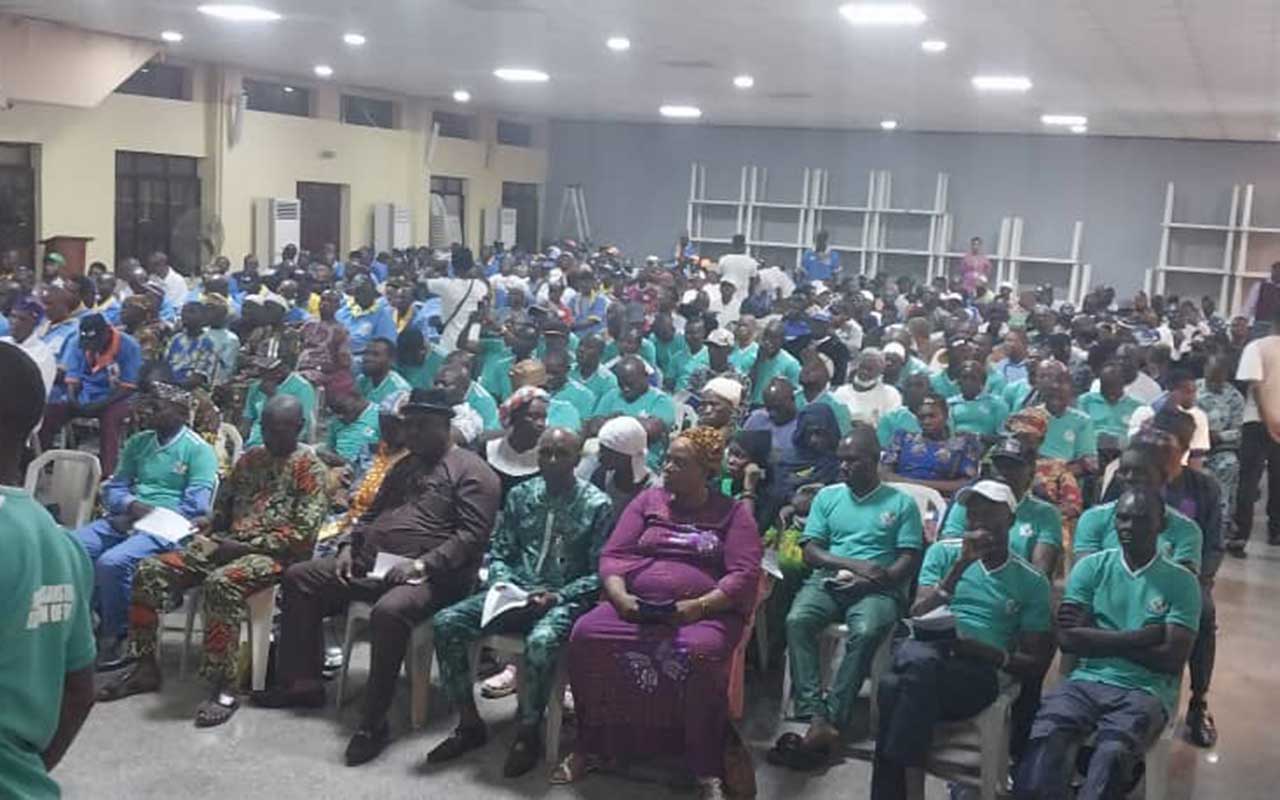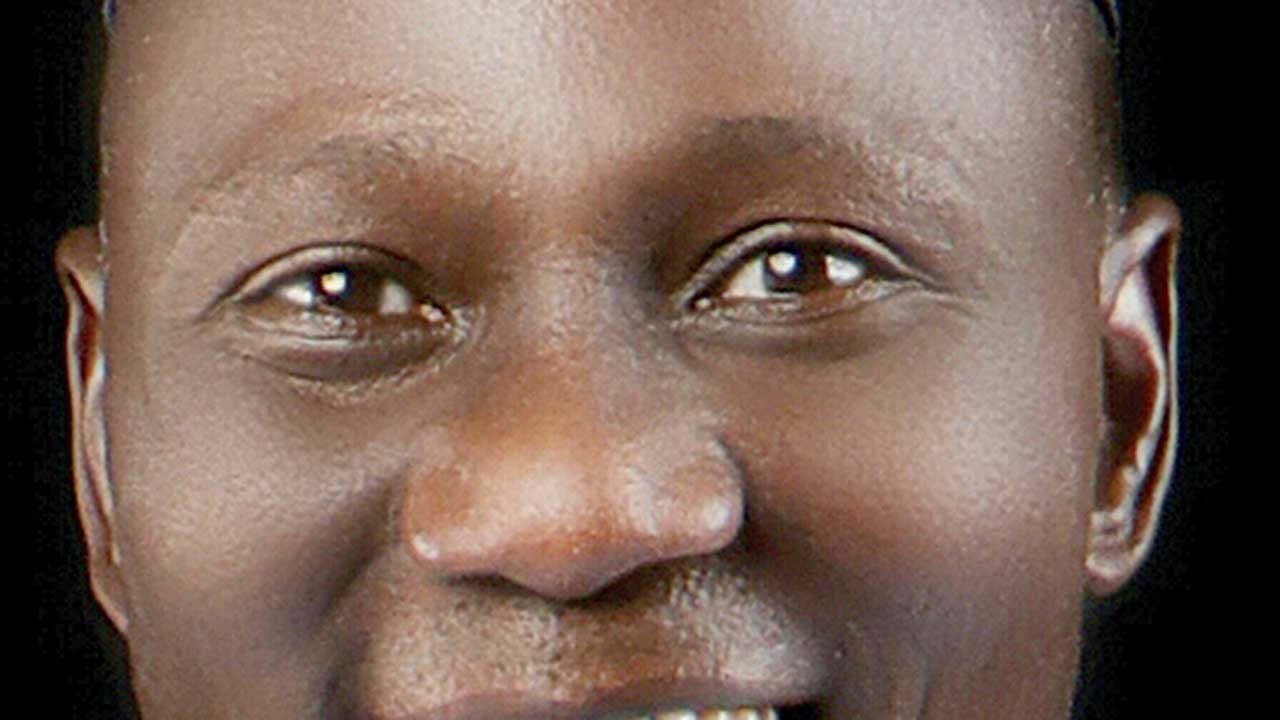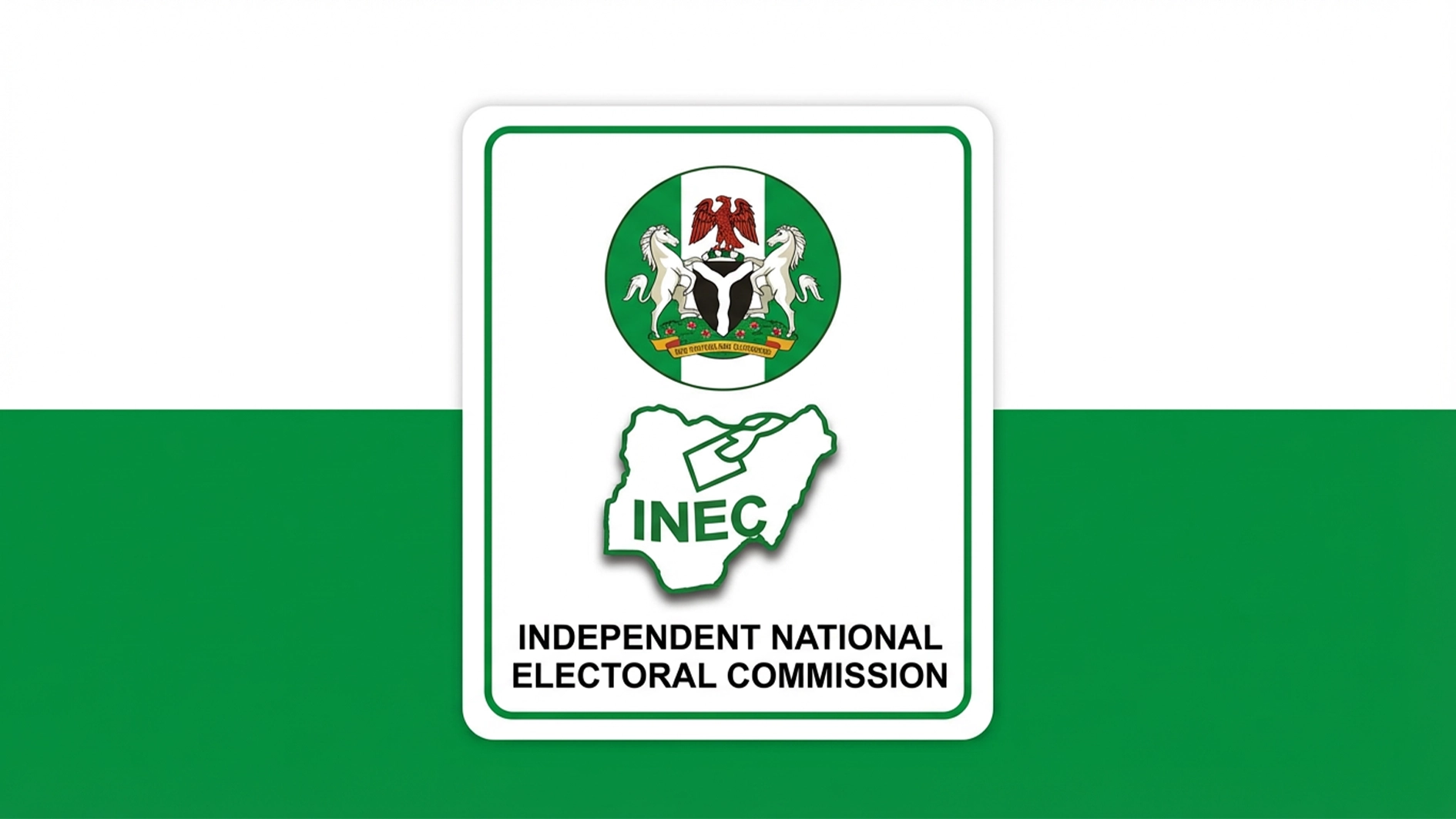
For Nigeria’s democracy to continue to flourish, non-state actors must actively play positive roles as they are very critical to sustainable democracy.
Participants at the recent summit of the Alliance for Yoruba Democratic Movement (AYDM) in Lagos expressed this view, stressing that toeing that path would deepen democratic culture and ideas and confine the military to their constitutional role of protecting the country from external aggression.
The summit was attended by delegates drawn from artisans, farmers, pan-Yoruba self-determination groups from the six South West states, plus Kogi and Kwara states, Akoko Edo and Itsekiri in Delta State.
In his welcome address, General Secretary of the AYDM, Popoola Ajayi, noted that Nigerians have found themselves at a pivotal moment in the nation’s history that demands both reflection and decisive action.
“Nigeria, our great nation, stands at a crossroads. On one hand, we possess the resilience, diversity and resourcefulness that have carried us through countless challenges. On the other hand, we face threats that could undermine the very foundations of our democracy. Recent events have brought to light the dangerous undercurrents that threaten to destabilise our nation,” he said.
According to him, the misguided calls for military intervention and the seeming gang-up to frustrate the efforts of the present administration are not only reckless but also deeply unpatriotic.
“These actions, if left unchecked, could reverse the hard won gains of our democratic journey and plunge our country into chaos,” he warned.
Ajayi called for a renewed commitment to the principles of democracy, urging Nigerians to unequivocally condemn any conspiracy to derail the efforts of the current administration to build a better country.
“Non-state actors, including civil society organisations, informal sector workers, self- determination groups, community leaders and the youth have a crucial role to play in safeguarding our democratic institutions. It is our responsibility to ensure that our democracy is not only sustained but also strengthened in the face of adversity,” he said.
Ajayi noted that ongoing attempts by the government to impose a unitary system of government under the guise of ensuring local government autonomy were deeply concerning.
He added: “We must resist any attempt to centralise power in a way that stifles regional autonomy and innovation. Instead, we must advocate for the restructuring of our country in a manner that allows each region to develop at its own pace.”
Also speaking at the event, the Director General, Development Agenda for Western Nigeria (DAWN), Seye Oyeleye, said there was a need for collaboration, dialogue and advocacy among stakeholders.
Commenting on the theme, ‘Strengthening Democracy in Nigeria: The Critical Role of Non-state Actors’, he further said that non-state actors and civil societies could help bridge the gaps; even as he underscored the need to strengthen institutions.
On his part, the Chairman of the event, Adewale Adeoye, stated that the country was facing a very difficult and unpredictable future, no matter the way it was looked at, noting that the three main indices of human development are threatened – food, human cum environmental security and leadership with good conscience that brings hope to people’s long suffering.
“It has come to a time that millions of Nigerians no longer have access to good food, which is tied to poverty, deprivation, poor health, depression, hunger and associated human misery. Without food, life is short, brutish and nasty.
The lack of food affects both the young and the old, men and women, armed and defenceless people alike,” he stated.
Adeoye added that insecurity was compounding the problems of the country, stating that there were ceaseless killings and kidnapping across the states.
“Today, Nigeria has one of the highest terrorism threats in the world. The South West is not free from the carnage. In Ekiti State, at least two prominent traditional rulers were mauled down by gunmen.
“If a country has major challenges but has a trusted leadership that brings hope, the citizens would have a million reasons to be patient. But in Nigeria, there is a lack of leadership with good conscience and hope is dim.
“Today, we are experiencing fuel shortages, something that has been part of our life for the past 30 years. We produce oil, but we cannot refine the oil; we have to take it abroad to refine, thereby losing more than 300 byproducts of petroleum. We were asked to pay higher for petroleum, we did; but today, there is no fuel in our towns and villages.
“On leadership, hope is lean and weak. From 1960, we have seen the same people parading different assorted clothing but in substance, they are the same. We have seen the economy and social life regress. Yesterday in Nigeria has always been better than the years after. We are a country that celebrates our yesterday as the reference point of development,” he said.
Adeoye noted that supporting democracy was not about those in power, but about the right of the people to choose, question and democratically engage their leaders.
“I am aware that the process of even choosing the right leaders by the people in Nigeria is flawed. Nevertheless, it does not in any way justify the call for military intervention in Nigeria.
“Nigeria cannot continue to go in this way. We must address the hydra-headed problem of food scarcity, insecurity and leadership deficit. We must address the national question. Other countries did. We must recognise our differences. We must be honest to know that resolution of economic needs does not automatically resolve conflict arising from clash of heritage and values.
“The best way to lay the foundation for the resolution is for Nigeria to go back to the dream of the founding fathers who opted for a country where each ethnic group would be able to develop on its own terms. The greatest pathway to this goal is to restructure Nigeria to stem the violent clashes of civilizations,” he submitted.
In his remarks, President Bola Ahmed Tinubu urged aggrieved groups and parties to leverage the power of dialogue rather than violent protests in addressing issues.
The president stated that his administration was willing to engage and dialogue with citizens on their grievances, enjoining genuine protesters and progressive non-state actors to come forward with their demands for a peaceful resolution.
“We need people to maintain peace. Our administration believes in resolving conflicts by negotiation and dialogue. You will recall the Nigeria Labour Congress (NLC) went on strike over the minimum wage, but they had a meeting and there was an increase to N70,000. That’s the power of negotiation and dialogue. So, we recommend this to various groups that think they have issues with the government,” the President said.
Tinubu, who was represented by his Senior Special Assistant on Media Affairs, Tunde Rahman, added that genuine protesters should come forward like the proponents of the Not-too-young-to-rule movement who through dialogue achieved some results to get more young people involved in politics.
A communiqué signed by the General Secretary, Mr. Popoola Ajayi, and 135 leaders of other organisations including the O’odua Nationalist Coalition (ONAC), Yoruba Traders and Artisans Association (YATA), Yoruba Community in Northern Nigeria, (YOCON), South West Vigilante, Nigerian Automobile Technicians Association (NATA-South West), Amalgamated Union of Mechanics and Artisans in Nigeria, South West; O’odua Peoples Congress (New Era), Agbekoya Solidarity, South West Farmers Union (SWFU), Oodua Hunters Union, (OHUN), Yoruba Communities in West African Coast (YOCWC), O’odua Peoples Congress (Reformed), among others, was issued at the end of the summit.
In the communiqué, the group said Nigeria came together as a country in 1914 by the wish of the British without the free, prior and informed consent of the indigenous peoples.
“We are aware that for centuries, before 1914, Oduduwaland had a flourishing political, social and economic enterprise with a system of government that met the needs of the people in times of peace and war; we lived and died on our own terms. That in ancient Oduduwaland, commerce, art, science, trade, maritime economy and checks and balances in governance thrived for over 2000 years before contact with the Europeans whose influence disrupted our heritage,” the group noted.
The group further said that carbon dating in Igbo-Elewu dates back to 35,000 years, indicating the long-standing civilisation and heritage of Oduduwaland people. It added that before 1966, Oduduwaland had a regional government designed to meet the fears and aspirations of the people in the old Western Region.
“We are concerned that since the 1960 Independence, sustainable peace and development have eluded Nigeria and life and living have been characterised by lack of a national consensus, which was largely responsible for the unfortunate civil war that lasted for 30 months with close to a million souls lost.
“That ahead of Nigerian independence in 1960, at the 1957 Lancaster House Conference, the Yoruba leaders had proposed a 1960 constitution with a secessionist clause to preserve the civilisation of Oduduwaland and prevent avoidable atomic strife with other ethnic groups.”
“That from 1952 to 1959, the Western Region distinguished itself as the most prosperous, most stable, most developed region in Africa with global economic, social and political standards under Chief Obafemi Awolowo,” the group added.
It noted that the right to sovereignty was thwarted by the military coup of 1966 via Decree 34, which suspended the 1960 Constitution and imposed a unitary system on Oduduwaland, a move that led to the counter-coup of July 1966 which eventually led to the civil war.
“That the military coups subverted and destroyed the fabric of trust and the foundation of mutual cooperation and development built by Nigeria’s founding fathers. That military rule was not orchestrated by Yoruba people, being a people that have always subscribed to democratic principles. However, the 27 years of military rule squandered political and economic fortunes in Oduduwaland, stunted our growth through a series of treacherous political and economic plots that constantly treat the Yoruba people as end users of policies that lack their input.”
The group said that since 1960, Nigeria has been an atomic society in perpetual conflict with itself, noting that the past 10 years have seen full blown terrorism and invasion of Oduduwaland by armed insurgents who not only occupy Yoruba and Itsekiri indigenous territories but also kill, rape their people and destroy sacred forests.
The group said that the invasion of Oduduwaland by armed insurgents has diminished the forest reserves, destroyed the environment with perilous impact on climate change, caused food insecurity, imposed an atmosphere of fear and trembling and shrunk the night economy of the people.
“We observe the corrupt electoral process in Nigeria, and the difficulty in the process producing credible candidates. This odd is not associated with the 2023 elections alone but rather a system put in place by the cabal itself over the years which began during military rule when progressive forces were banned from participating in the democratic process and sustained until 1999 when the military constitution was imposed on Nigeria, which produced a pro-military president in 1999.
“We assert that the imperfections of the 2023 elections were visible in all the candidates and in all the major political parties that took part in the elections and such imperfections were not enough to alter the final outcome of the election,” it said.






